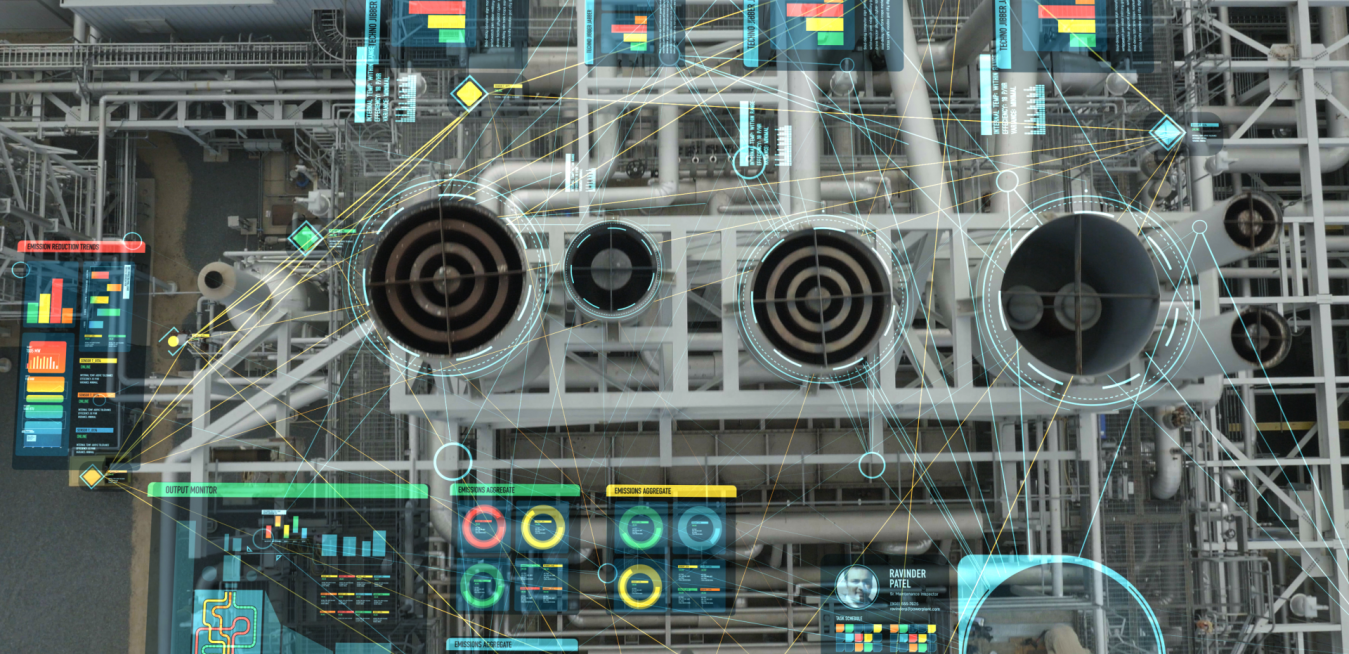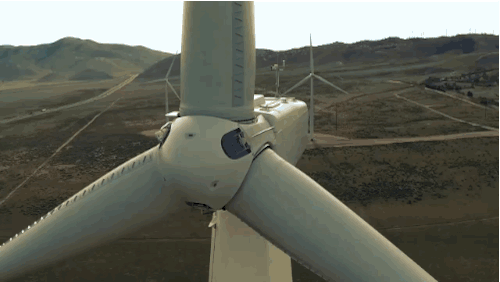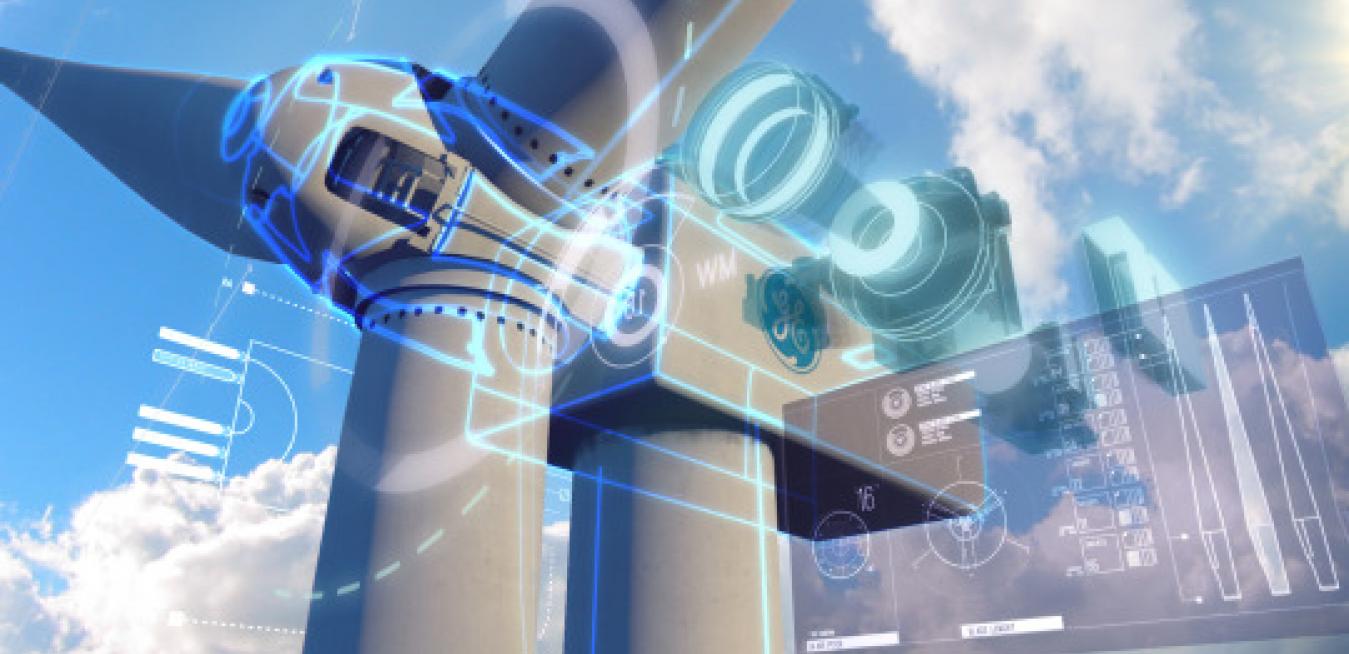Getting there will require some creative engineering — both reimagining the usual suspects like turbines and generators as well as deploying new cloud-based digital tools and data analytics. GE has a few ideas.
In October, GE launched Current, a startup focusing on bringing to market a holistic energy-as-a-service offering absent from the industry today. Former IBM Watson executive John Gordon just became Current’s first chief digital officer.
For years, consumers have enjoyed a glut of cloud-hosted apps, but software for heavy industry has lagged behind other sectors in following suit. That has limited not only those who need industrial software apps, the users, but also those who write them, the engineers.
The industrial app economy will spur innovation by enabling a more seamless environment for people and machines to work smarter and more efficiently together.
We live in a world of apps. They have become so pervasive in our daily experience that we don’t even think about it anymore: an app wakes us in the morning, and another app reports the quality of our sleep; we use apps to move around town, book restaurants and movies, track our weight and physical activity, meet friends, stream music and keep up with the news. Life is an app.
As they invest in smart technologies to improve services and save money, cities also need to step up security against cyber threats.
Cities are incorporating new technologies at an increasingly rapid pace, becoming ever smarter. Newer technologies — along with faster and easier connectivity — allow cities to optimize resources, save money and provide better services to their citizens.
That baggage is getting heavier. Although half of the world’s population already lives in cities, the U.N. estimates that the number will spill over the 50 percent mark and hit 5 billion by 2030.














